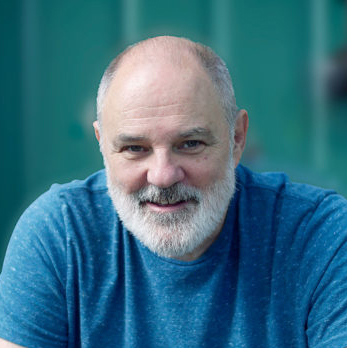Worth Reading
“I just happen to think that the way I express my loyalty is to question, not to accept anything on faith. I think the most important thing is to hold the people in public office to the highest possible standard of decency and of honesty. And if we don’t do that we’re failing. So to tolerate anything less, even in the name of national security, is wrong.”
That’s Seymour Hersh, discussing investigative reporting in general, and revealing the specifics of America’s first program of “selective assassination” since the Vietnam War. It’s all in a two-fer from the New Yorker.
Read “Manhunt,” Hersh’s latest story about the governmen’ts plan to assassinate Al-Qaeda leaders, and then go behind the story in his online-only interview with one of the magazine’s editors. Among other topics of interest: why Hersh uses unnamed sources (and why they talk), which secrets he’d keep, pitching the My Lai massacre story, the exposé that won him the 1970 Pulitzer Prize, the pre-Internet era, and the prospect of a “hundred-years war” with the Muslim world.
What’s your take on these tensions between military secrets and the public’s right to know?
Would you keep something secret if it would endanger a military operation?






